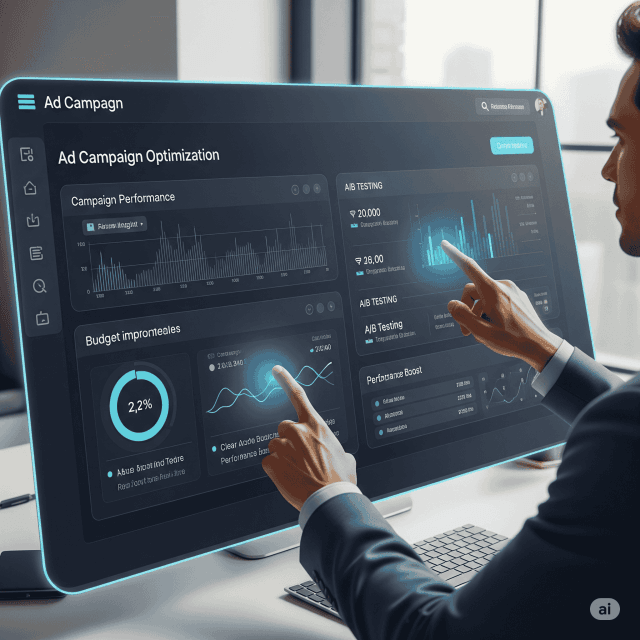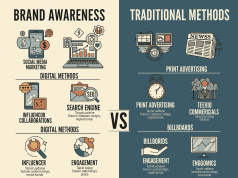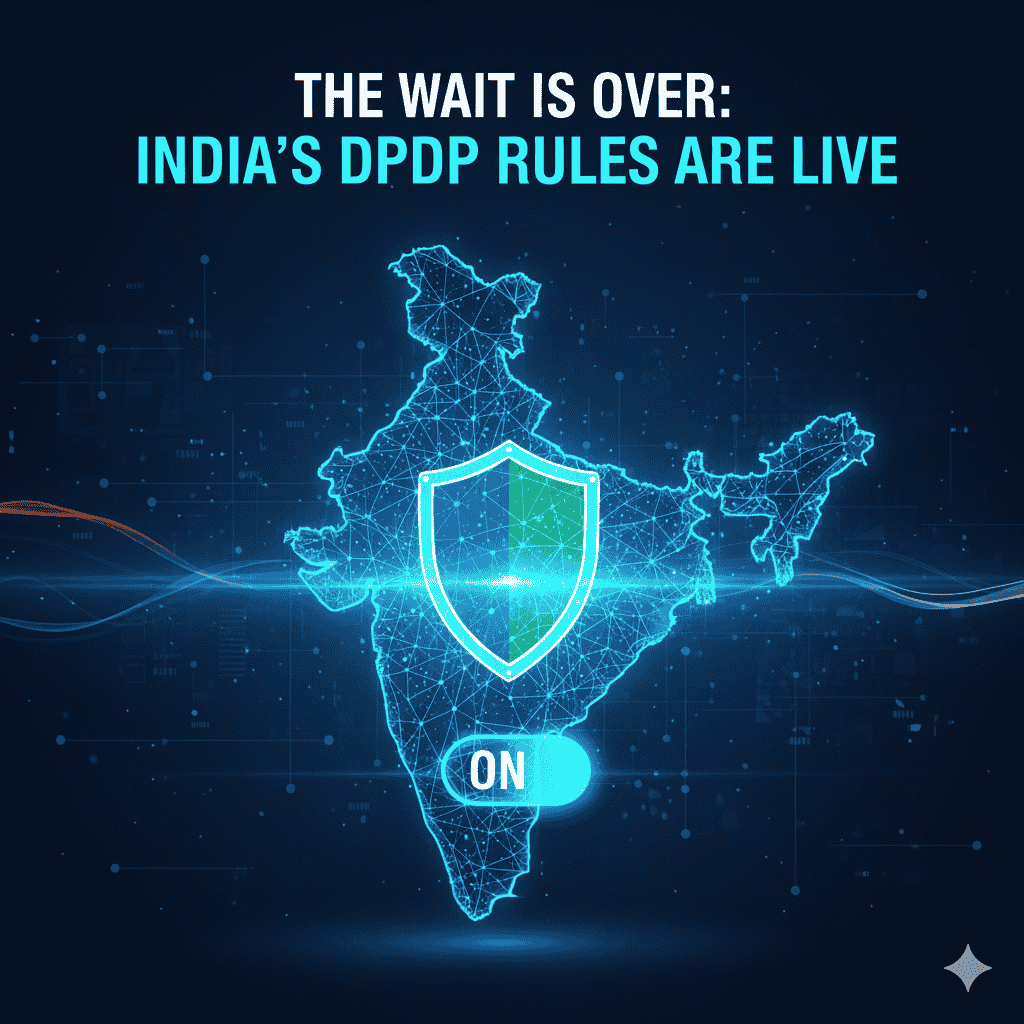In the dynamic world of digital marketing, running effective ad campaigns is essential for business success. Yet, marketing professionals often find themselves juggling multiple tasks, from audience targeting to ad creative, all while aiming to optimize performance. Enter ad campaign management tools—powerful allies in the quest to maximize your advertising efforts. In this article, we explore how to leverage these tools for optimized campaign performance.
Understanding Ad Campaign Management Tools
Ad campaign management tools are software solutions designed to streamline and enhance the process of planning, executing, and analyzing digital advertising campaigns. These tools assist marketers in managing multiple channels—such as social media, search engines, and email—by providing features like automation, analytics, and reporting.
Key Features of Management Tools
- Automation: Automating repetitive tasks, such as bidding and budget adjustments, frees up valuable time for marketers to focus on strategy.
- Analytics and Reporting: Centralized dashboards provide real-time insights into campaign performance, allowing for quick adjustments based on data-driven decisions.
- A/B Testing: Most management tools offer features for A/B testing, enabling marketers to experiment with different ad creatives, calls to action, and target demographics to identify what resonates best with audiences.
- Ad Placement Optimization: Tools can analyze data to recommend the best platforms and placements for your ads, ensuring you’re reaching the right audience in the right context.
- Budget Management: Efficient budget allocation features help to maximize return on investment (ROI) while minimizing wastage.
Steps to Optimize Your Ad Campaigns
Step 1: Set Clear Objectives
Before diving into campaign management tools, it’s vital to establish clear, measurable objectives. Whether it’s increasing brand awareness, generating leads, or driving sales, having specific goals will guide your strategy and the selection of your management tool.
Step 2: Choose the Right Management Tool
Not all tools are created equal. Popular options include:
- Google Ads: Offers robust features for PPC campaigns.
- Facebook Ads Manager: Ideal for social media advertising.
- HubSpot: Great for integrated marketing campaigns across various channels.
- Hootsuite: Excellent for social media campaign management.
Evaluate your marketing goals and select a tool that aligns best with your needs.
Step 3: Automate Where Possible
Utilize the automation features of your chosen tool. Set up rules for bidding, budget adjustments, or even ad rotation. This will ensure that your campaigns remain agile and can adapt to changing market conditions without requiring constant manual oversight.
Step 4: Leverage Analytics for Continuous Improvement
Use the analytics and reporting features to track performance metrics such as clicks, conversions, and customer engagement. Regularly assess these metrics to identify trends and areas for improvement.
Step 5: Conduct A/B Testing
A/B testing allows you to experiment with different ad variations. Use your management tool’s testing features to measure which headlines, images, or targeting options perform best. Implement the winning variations to enhance overall campaign effectiveness.
Step 6: Optimize Budget Allocation
Analyze spending across campaigns to determine which channels deliver the best ROI. Adjust your budget allocation in real-time to invest more heavily in high-performing campaigns while reducing spending on underperforming ones.
Step 7: Stay Up to Date with Industry Trends
The digital marketing landscape is constantly evolving. Use your management tool’s educational resources, webinars, or community forums to stay current with new features and best practices.
Conclusion
Optimizing your ad campaigns doesn’t have to be an overwhelming task. By effectively utilizing ad campaign management tools, you can streamline processes, make data-driven decisions, and ultimately boost campaign performance. In today’s competitive environment, these tools are not just optional but essential for marketers aiming to maximize their advertising potential and achieve their business objectives. Investing in the right tools and strategies will pave the way for successful, optimized ad campaigns that resonate with your target audience.









